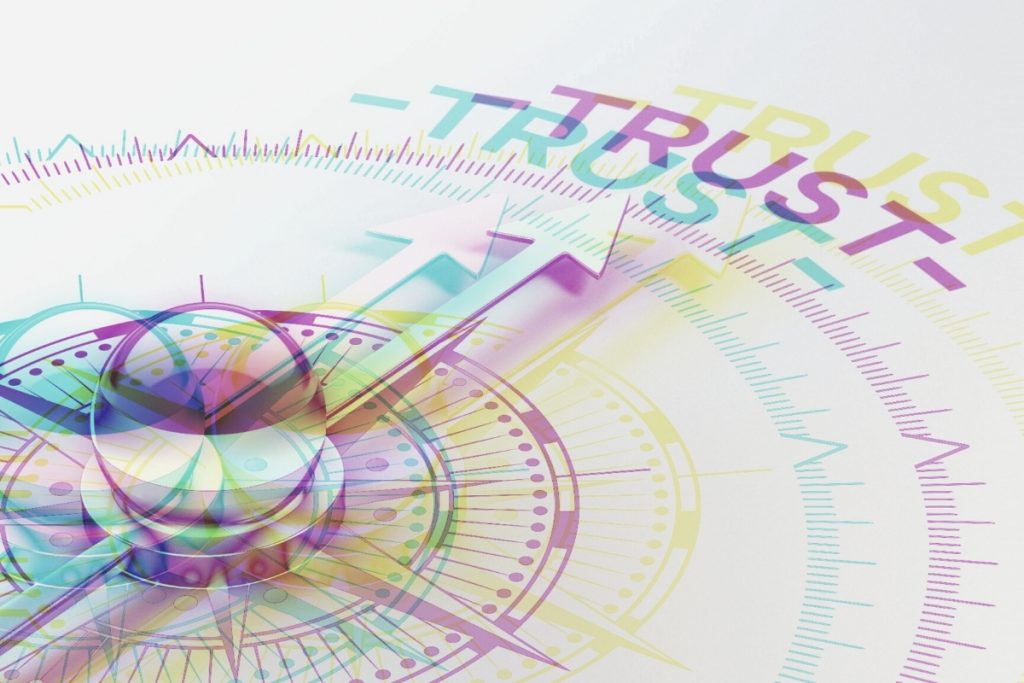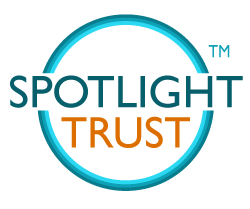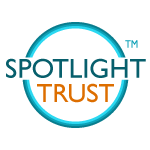Why Trust
Trust transforms.
Work isn’t transactional, it’s relational. And relationships are all about trust. Trust is the thread that stitches people, workplaces, and our social fabric together. Trust is the glue, lubricant, and accelerant to human connection.
You can have all the procedures and processes in the world, but without trust, your team or operation is going nowhere. Trust impacts business results, organizational alignment, innovation, creativity, brand, employee engagement, customer relationships, and stakeholder confidence.
Trust is the world’s most valuable asset today.
The idea that trust is crucial to a thriving organization isn’t new. In an article called The Nature of the Firm, Nobel Prize-winning economist Ronald Coase talked about how reducing friction between people in a company increased efficiency. That article was published in 1937 and continues to inspire new areas of inquiry to this day.
While the knowledge that trust makes work better isn’t new, never before has trust been so important in moving the world towards a brighter future. While the “command-and-control” and “power over” models of organizations and leadership had persisted through the Industrial Revolution, in 2020 it became clear that these sorts of models had met their expiry date. As a global pandemic took hold and combined with transformative pressures such as unrelenting uncertainty, the widespread shift to remote work, the need for sustainable approaches to do more with less, the focus on racial justice, consumer demand for socially conscious brands, and a yearning for authentic human connection, trust and “power with” models are defining the new way forward.
Leaders and organizations need to embrace this shift away from power over models of operation to Trust-Centered ones or risk quickly becoming irrelevant.
You can measure the benefits of trust.
While we can measure trust, in work and leadership contexts, we’ve found it more useful to measure the benefits that your efforts to develop trust bring. This gives you a deep understanding of trust specific to your organization so you can take practical and strategic action in your work to build trust and make work better. It also enables you to assess progress in your trust building efforts at an organization-wide level, while giving you the precision to focus on developing the Facets of Trust matter most in different contexts and teams.
Some of the benefits of developing trust include:
- Increased operational effectiveness
- Less red tape and bureaucracy
- Higher productivity
- Greater inclusion and sense of belonging
- Increased transparency, accountability, and ownership
- More engagement
- Greater autonomy
- Faster, more-effective decision making
- Less stress and anxiety at work
- More energy at work
- Fewer sick days
- Less burnout
- Less siloized functions and teams
- Higher performing teams with improved collaboration
- Fewer meetings
- Improved ability to attract and retain top talent
The future is trust.
Better work. More effective and efficient operations. Less red tape and bureaucratic bloat. Less toxic behavior and fear. More innovation and belonging, connection, collaboration. More happy customers. All these benefits come from boosting trust.
Spotlight Trust can help you build it.


